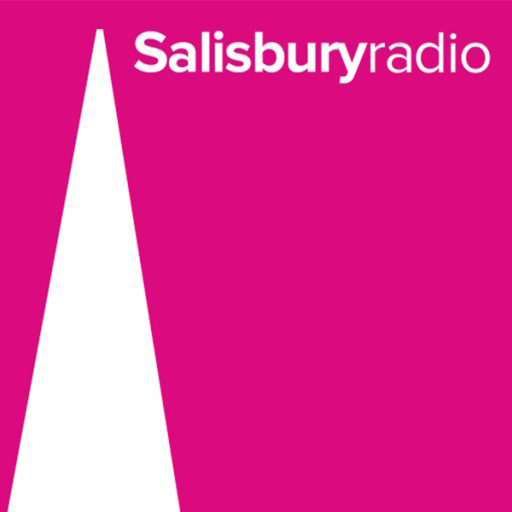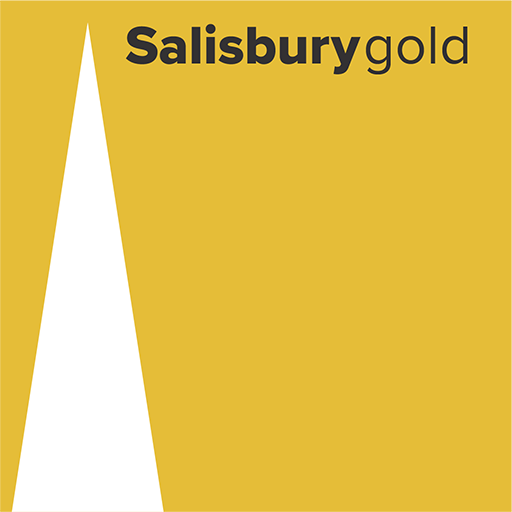Pagans who entered a restricted area at Stonehenge to sing, charge crystals and touch the stones to practise their religious beliefs have lost a High Court bid to have their convictions overturned.
Maryam Halcrow, Angel Grace and Lisa Mead, who all have beliefs in paganism, druidism and “lightworking”, entered the stone circle while singing as part of a peaceful protest, bypassing a barrier and a no entry sign.
They each received a conditional discharge after being convicted in November 2018 of breaching regulations designed to preserve the monument.
After an appeal against their convictions was rejected by Swindon Crown Court, they took their case to the High Court.
At a hearing in February, their lawyers argued they should have been cleared by the Crown Court, saying it was “disproportionate” to restrict their entry to the site while thousands of people may enter for the summer solstice.
It was argued they had a “reasonable excuse” to breach the rules because the restrictions infringed their rights to freedoms in respect of religion, expression and lawful protest, as enshrined in the European Convention on Human Rights.
But in a ruling on Wednesday Lord Justice Dingemans and Mrs Justice Steyn dismissed their appeals, saying the interference with their rights was “justifiable and proportionate”.
Lord Justice Dingemans said, “In my judgment the removal of restrictions… because the appellants turned up and wanted access to the stone circle to protest and exercise religious freedoms, would not strike a fair balance between the important rights of the individual appellants and the general interest of the community to see Stonehenge preserved for present and future generations.
“This is because it would have meant in practice that access to the stone circle would have to be lifted as and when any person chose to walk into the stone circle, so long as they were protesting or exercising religious rights.
“Such access would inevitably have an adverse effect on Stonehenge to the detriment of current and future generations.”
The judge said in the ruling that entry to the site, on Salisbury Plain, Wiltshire, is ticketed and timed in general admission hours, but the stone circle cannot be accessed during those times.
There are also “managed open access days” for the summer and winter solstice and autumn and winter equinox, and it is possible for a group of up to 30 people to pre-book access to the site and the stone circle outside general admission hours, but they are not allowed to touch the stones.
Ms Halcrow and Ms Mead stepped over a rope barrier to enter the stone circle with others on February 4, 2018, to protest over the management of the site and the entry fee.
Ms Halcrow, a pagan since 1984, began to sing, chant and touch the stones, telling police she was there to worship at her temple, while Ms Mead encouraged others to step over the rope.
The pair, along with Ms Grace and three others, also walked on to the site without tickets on May 6, 2018, and entered the stone circle, where they remained for about 10 minutes.
On that occasion, Ms Grace and Ms Mead lay on the ground in silence while Ms Halcrow touched the stones.
Ms Mead said she derived energy from the stone circle and could charge crystals there for use in healing. She said the “party mood” on managed open access days made it difficult to access energies required for healing.
Ms Grace, known as the bard from Avebury and the Stonehenge singer, said she considered the cost of pre-booking entry to the site to be prohibitive.
She wanted to access the site eight times a year for druidic festivals and said lying in the stone circle remedied her back pain, but she found the managed open access days too crowded for her to practise her beliefs.
Ms Halcrow said she had entered the stones to “sing to the ancestors” and that it was essential for her worship to enter the circle and touch the stones.
She said she was a lunatic, as in one influenced by the moon, and wanted to access the stone circle every full moon.
Ms Halcrow said she had tried other stone circles but compared them to “substations”, while Stonehenge was the “power station”.
She could not attend on managed open access days because of crowds and the lack of access to disabled toilets.

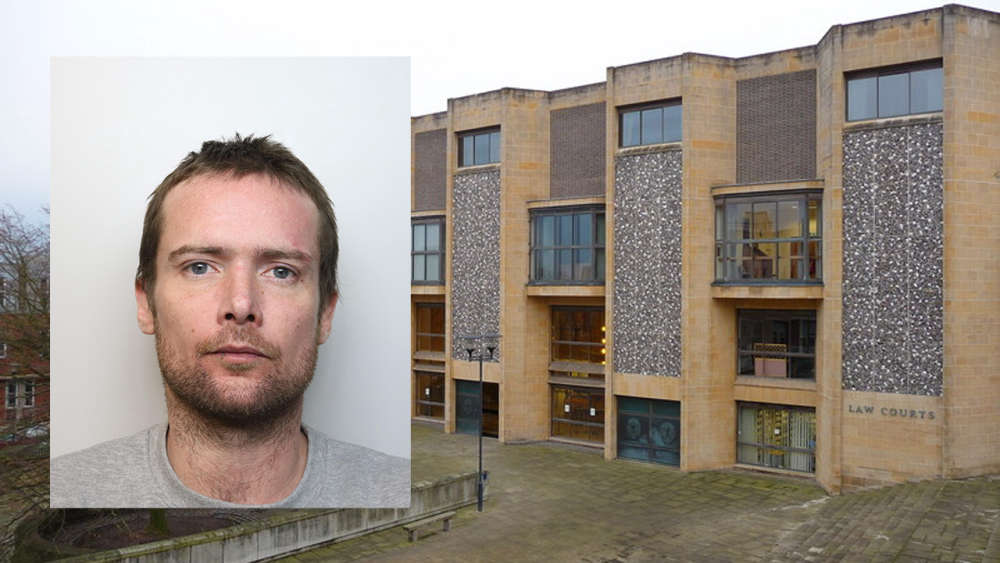 Man jailed for 28 months following stabbing in Amesbury
Man jailed for 28 months following stabbing in Amesbury
 City Council announces plans for Armed Forces Day
City Council announces plans for Armed Forces Day
 Highest Score Arcade Announces Exciting Easter Events For All Ages
Highest Score Arcade Announces Exciting Easter Events For All Ages
 Man charged with attempted murder following serious crash in Salisbury
Man charged with attempted murder following serious crash in Salisbury
 Police looking for pair after attempted burglary on Catherine Street
Police looking for pair after attempted burglary on Catherine Street
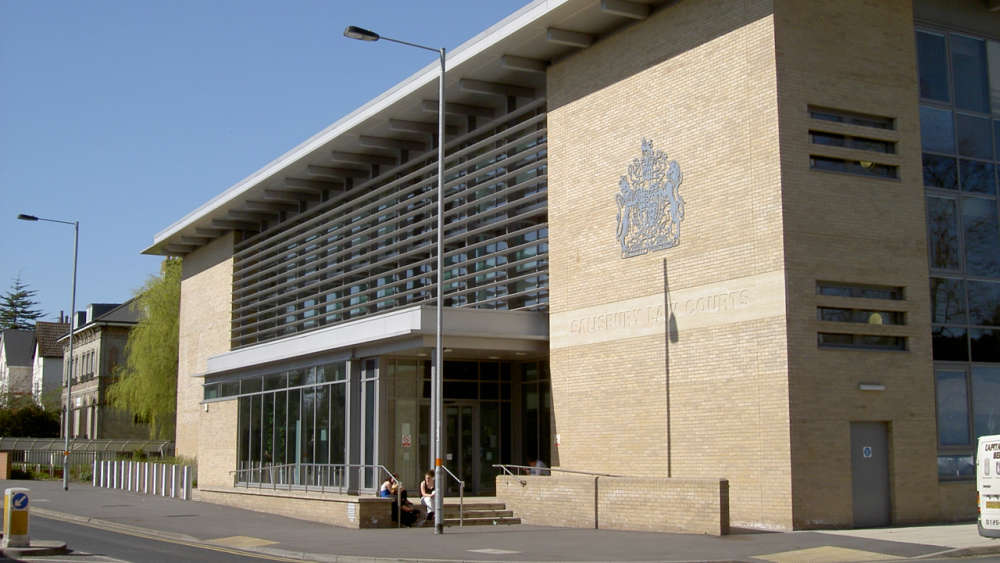 Man sentenced after Durrington disorder
Man sentenced after Durrington disorder
 Fun packed Easter Holiday fun at Army Flying Museum
Fun packed Easter Holiday fun at Army Flying Museum
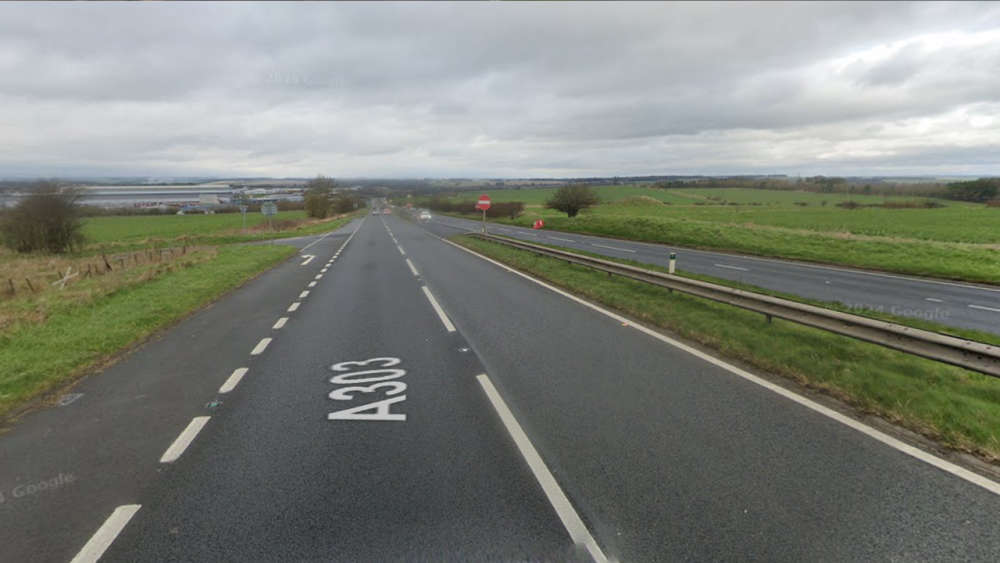 Child suffers life-threatening injuries in collision on A303
Child suffers life-threatening injuries in collision on A303





